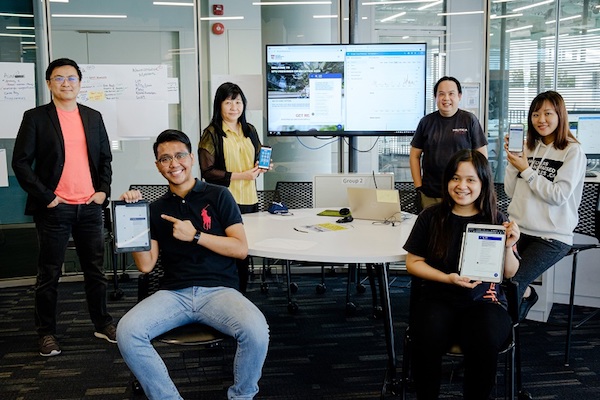Nanyang Technological University in Singapore (NTU Singapore) has rolled out a new virtual assistant powered by Google Cloud to help some 6,000 incoming freshmen transition to university life on the NTU Smart Campus.
Named Project Lyon 2.0, the virtual assistant chatbot complements the virtual Freshmen Orientation held online, which replaces the annual Freshman Orientation programme due to the COVID-19 pandemic.
The project demonstrates the NTU Smart Campus vision to harness digital technology and tech-enabled solutions to support better learning and living experiences, the discovery of new knowledge, and the sustainability of resources.
Aimed at providing the new students, who start their term in August, an easy-to-use mobile experience, the virtual assistant will help to direct them to the right resources that they need and to assist the university in the smooth running of onboarding activities.
Together with cloud consulting partner OniGroup, NTU’s Centre for IT Services (CITS) worked with Google Cloud to programme and “train” the new chatbot to provide a better experience, which was developed with inputs from students.
Powered by Google Cloud’s Mega Agent technology, the new chatbot has enhanced conversational flows, allowing it to hold a conversation similar to talking with a real person, which will help to drive a wider usage of the chatbot among the freshmen and other users in NTU.
“During this challenging period where all activities are encouraged to go virtual, Project Lyon Chatbot is now a critical feature of the upcoming freshmen orientation, as part of the university’s digitalisation efforts,” said Tan Aik Na, SVP for administration at NTU Singapore.
The Dialogflow Mega Agent can process up to 20,000 intents queries, providing students with a wider variety of relevant information related to freshmen, or any other topics that Lyon 2.0 will be used for in the future.
For instance, the new chatbot can address questions like “How to register for courses?” and “Can you show me the examination timetable?”. It can also suggest suitable food and beverage options or help students navigate their way on campus, for example finding their way to their tutorial rooms or labs.
















